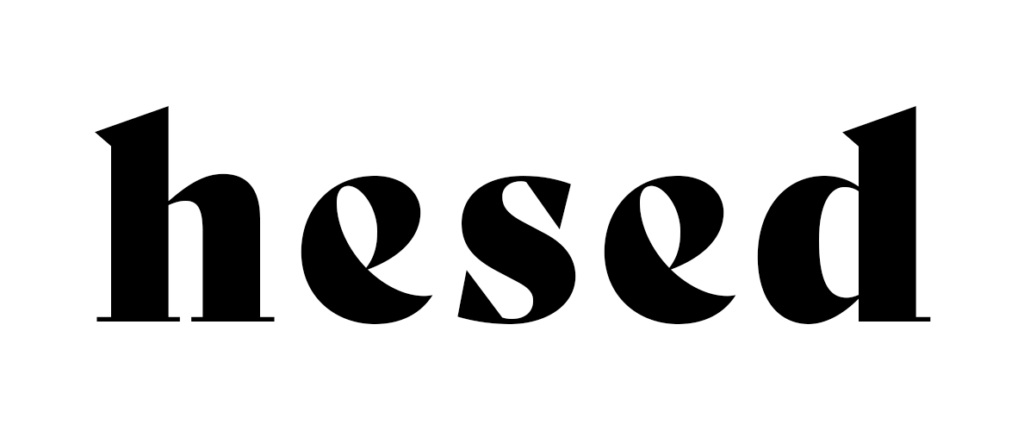How often do you floss your teeth? Do you floss every day, once every two days, once a week? It is very important to floss regularly so that you can remove plaque in areas that are difficult to reach by toothbrush. And yes, the recommended amount of flossing is once per day. A recent study by the American Dental Association (ADA), however, showed that just slightly more than 50 percent of Americans floss daily. On top of that, 19 percent do not floss at all. Not flossing can lead to severe plaque buildup and gum disease, which can cause further complications in the mouth. Hence, it is important to floss regularly.
What Are The Risks Of Not Flossing?
A full flossing routine should include cleaning teeth in areas where toothbrushes are unable to reach, such as below the gum line. These are places where dental plaque tends to hide away from toothbrushes, and undetected plaque can be dangerous as it builds up. Plaque buildup near the root of teeth can lead to gingivitis, and you may even lose your teeth in the process. An early indication of gum disease is if you find that your gums are bleeding when you brush or floss your teeth. If you have bleeding gums, it’s time to see a dentist immediately. Otherwise, such problems can be prevented by regular brushing and flossing of teeth.
While some people may think that brushing teeth should be enough, or do not want to go through the hassle of flossing, it is important to note that brushing can only do so much. Brushing alone covers only about a third of the total tooth surface area in the mouth, and you can imagine that leaves a significant amount of space for plaque to thrive, and of course, cavities to form.
What Should I Use To Floss?
There are a few options of floss out there. Let’s navigate the list:
Dental tape – great for kids with gaps in their teeth. As the tape is wide and flat, it is gentle on exposed gums. It is also easier for children to grasp the flat tape, and more forgiving on soft hands even when exerting pressure.
Waxed floss – if your teeth have no visible gaps, it can be hard to floss due to lack of space. Waxed floss is much thinner than dental tape, and due to the wax, it can glide easily between tightly spaced teeth.
Ultra floss – this is a superior type of waxed floss that is wide enough to clean between gaps in teeth, but also able to stretch thinly and get at those narrow areas. This floss is perfect for those with varying types of gaps in the teeth.
Floss threaders – a special type of floss for those with braces or who had to undergo other types of orthodontic treatment, which can shred the usual floss. Floss threaders can reach spaces between teeth impeded by braces. There is also spongy floss available for those with oral appliances.
